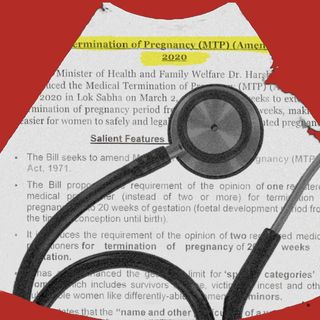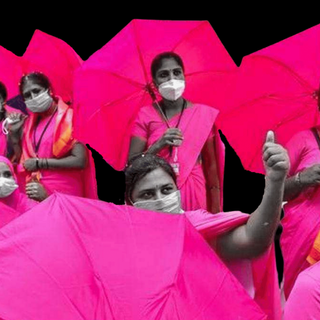Mutations in the novel coronavirus — natural to the process of virus replication and widespread infection — have given rise to Covid19 variants “of concern” around the world, mainly in the U.K., South Africa, Brazil, and the state of California in the United States. These variants have already spread far and wide from their country of origin, with cases of the U.K. variant slowly climbing in India, too. These Covid19 variants have given rise to a need to update current vaccines that can not only neutralize the original wild-type coronavirus they were designed for, but the mutations as well.
Already approved vaccines, such as those developed by Moderna and Pfizer, for example, have already undergone trials in which they were found to neutralize the U.K. variant (which is more contagious than the original) and the South African variant (which requires more antibodies to neutralize it, and therefore has shown less promise with current vaccine candidates). In India, the Indian Council of Medical Research published a study that showed Bharat Biotech’s candidate, Covaxin, to effectively neutralize the U.K. variant, but the news is shrouded in suspicion already surrounding the vaccine, which has not yet undergone phase 3 clinical trials. India’s other promising vaccine developer, the Serum Institute of India that is already inoculating healthcare workers with the Covishield candidate (developed by the University of Oxford and AstraZeneca), is currently seeking approval to conduct trials in India for another Covid19 vaccine in partnership with American company Novavax, whose candidate has shown to neutralize both the U.K. and South African variants, albeit with less efficacy against the latter.
But even as developers in India and around the world rush to identify and tackle the quickly mutating coronavirus, conducting trials anew and developing booster shots that act as updates to current vaccines, the initiatives may not matter if Indians keep refusing to take the vaccines. India’s frontline workers have been deemed first priority for vaccination, but almost all states in the country have failed to meet their targets. Vaccine hesitancy among the frontline workers, particularly regarding the Covaxin candidate that doesn’t have large-scale efficacy data available yet, prompted a government-employed vaccine strategist to urge people to fulfill their “societal responsibility” and take the vaccine.
Related on The Swaddle:
Pope Says Getting Covid19 Vaccine Is ‘Morally Acceptable,’ Even if it Contains Fetal Tissue
“Please understand the whole world is clamouring for vaccines,” Vinod Paul, who heads a government committee on vaccination, said in a news conference. “If our healthcare workers, our doctors and nurses, if they are declining to take it, I feel sorry. I plead with them, on behalf of the government, because we don’t know what shape this pandemic will take going forward.”
Currently, Delhi-based online survey platform Local Circles shows 69% of 17,000 respondents reported they felt hesitant to get vaccinated, due to worries over side effects. This is in part due to the legitimate concerns raised by experts over Covaxin, as well as broader anti-vaxxer sentiments, spurred by misinformation, that have taken hold over impressionable social media users.
The proliferation of Covid19 variants requires widespread and immediate inoculation against Covid19 coupled with social measures that curb the spread of infection, such as masking and social distancing. But as the world opens up again, with compassion fatigue on the rise, people are increasingly more at risk of getting infected with the variants currently traveling the world. Vaccine hesitancy further complicates the problem, making it clear the solutions to end this pandemic need to be multi-pronged and comprehensive. As the vaccine developers keep their promises, it’s imperative the people do, too.




